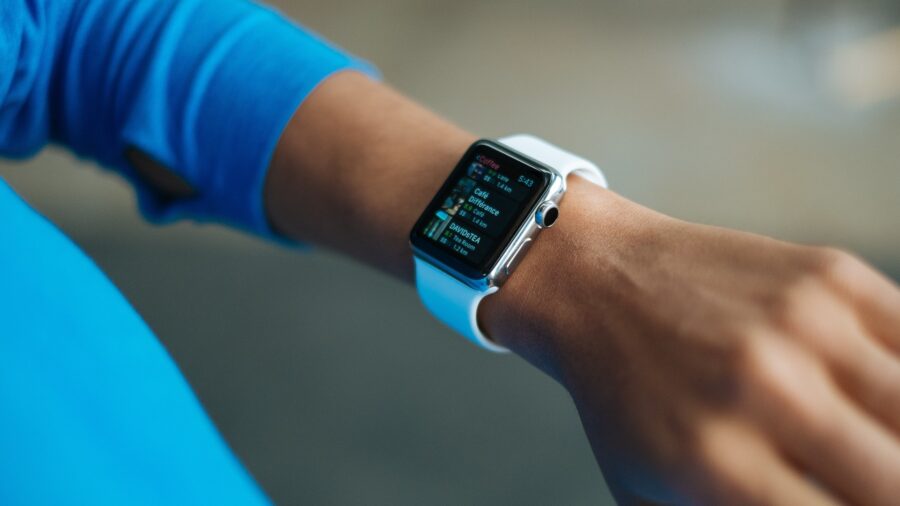Apple Watch Being Sued For Racism
A lawsuit claims the Apple Watch is racist because a feature does not account for darker skin tones.

A new class action lawsuit is being levied against Apple for alleged racial bias in its Apple Watch product (via AppleInsider). According to the lawsuit, the pulse oximetry features of the watch do not account for darker skin tones, leading to less accurate readings for these users. The lawsuit also states that researchers have confirmed the racial bias of the oximetry features.
Pulse oximetry is a feature found in standard Apple Watch devices that measures oxygen levels in the blood. Using these measurements, users can see how oxygen is reaching the furthest parts of the body. Although the watch isn’t a medical device, people with certain conditions can use it to help monitor their blood oxygen levels.
The Apple Watch, like most pulse oximetry tests, uses light to measure the oxygen in the blood. If the claims in the lawsuit are true, it’s likely that the watch isn’t adjusting the light it’s emitting to account for darker skin tones. It seems that Apple may need to implement some sort of fix to adjust the light settings for pulse oximetry to address this issue.
The class action lawsuit against the Apple Watch was filed by plaintiff Alex Morales on December 24 on behalf of New York consumers who also bought a watch during the lawsuit’s statute of limitations. He also filed the class action lawsuit in Alaska, Arkansas, Idaho, Iowa, Mississippi, North Carolina, North Dakota, Utah, and Wyoming on behalf of those consumers. In addition to the allegations of racial bias, the lawsuit also accuses Apple of breaches of express warranty, fraud, and unjust enrichment.
The issue with Apple Watch devices working properly for darker skin tones is an ongoing one, as complaints about the heart sensor function were lodged as far back as 2015. In 2015, users noted that black tattoos affected the accuracy of the heart sensor, leading Apple to release a statement that acknowledged that permanent or temporary skin changes could block the sensor’s light and prevent accurate readings. The blood oxygen sensor was added to the device in 2020, and it seems like it may be facing similar issues to its predecessor devices.
Although Apple does mention that the Apple Watch is not a medical device on its website and that it is intended for general fitness and wellness purposes, the oxygen sensor is still a feature meant to work for the user as intended. Their statement about tattoos also doesn’t address the tone of a person’s natural skin color, which shouldn’t affect the operation of a general-use tech device. At the time, Apple has not yet responded to the lawsuit officially.

Morales’ attorney Spencer Sheehan stated that although it’s not a medical device that “you will expect that it will function without respect to a person’s skin color.” The lawsuit is seeking a jury trial for the case and alleges that Apple misrepresented the capabilities of its Apple Watch product. Unlike traditional pulse oximetry tests, Apple’s device measures from the wrist instead of the fingertips, which could be part of the reason the device may get inaccurate readings.
We’ll have to wait and see if the class action lawsuit does get put in front of a jury or if Apple will decide to settle. We’ll also have to wait and see if Apple decides to publically respond to the lawsuit.












